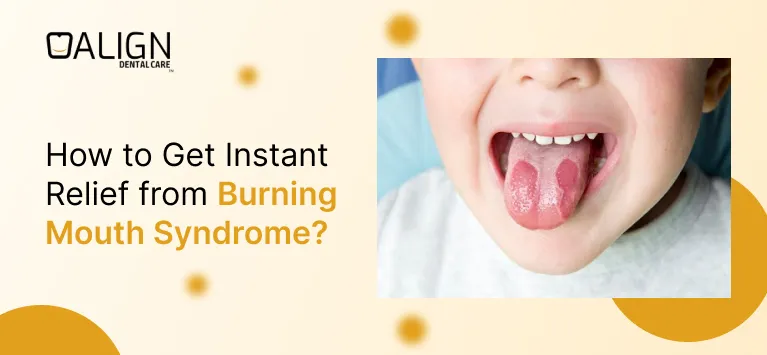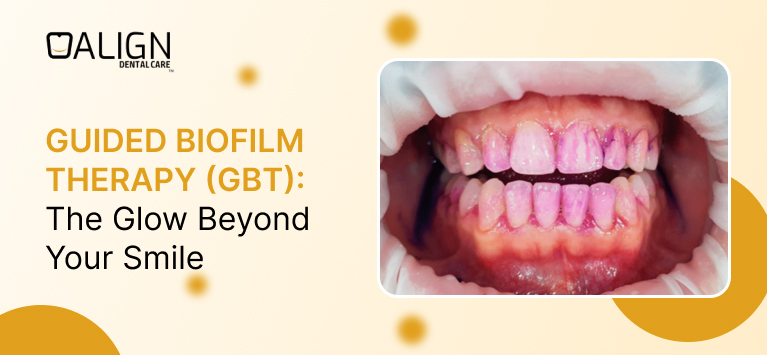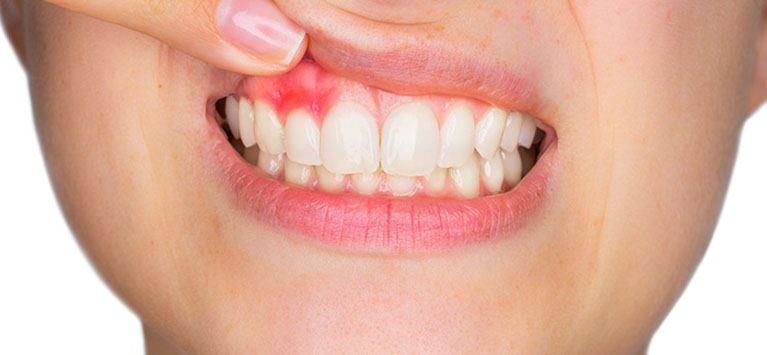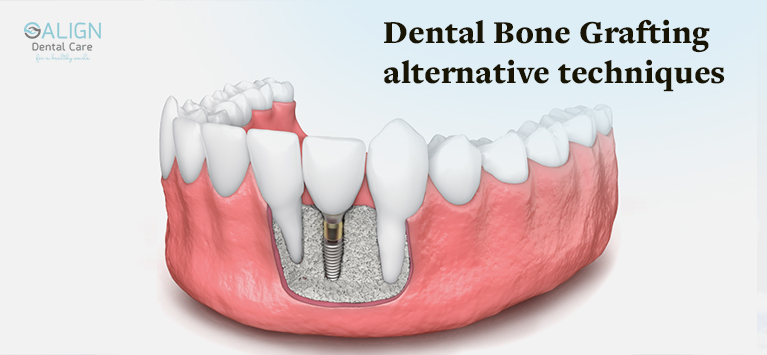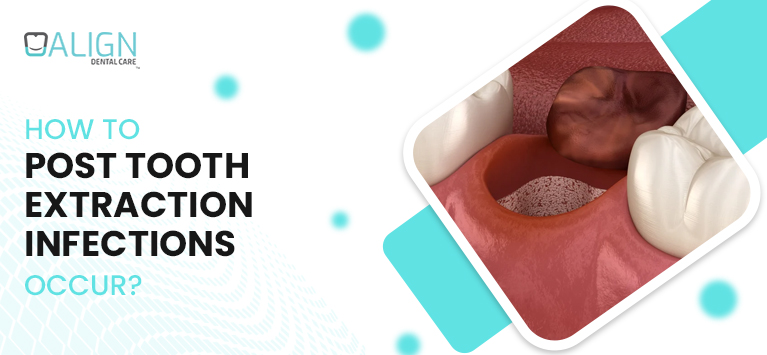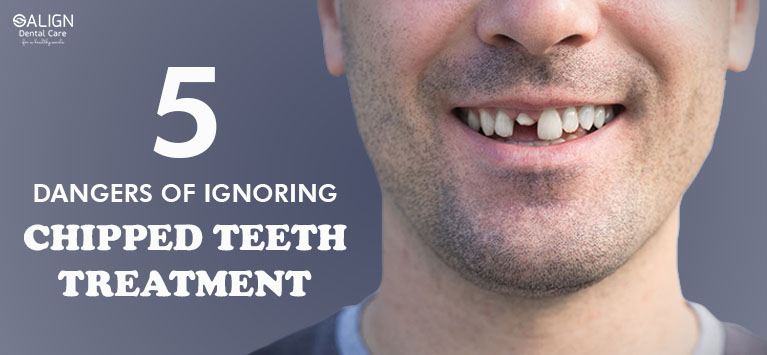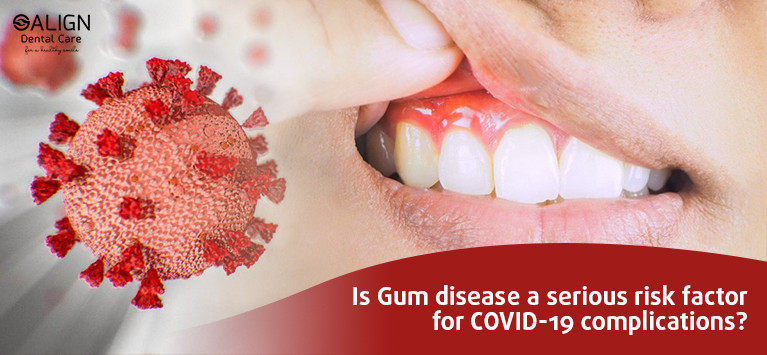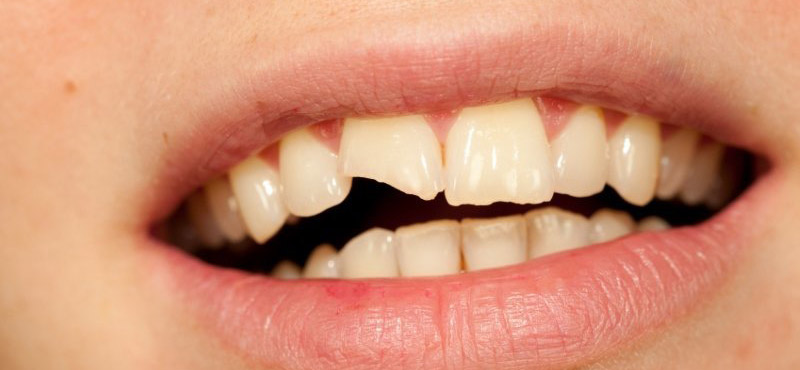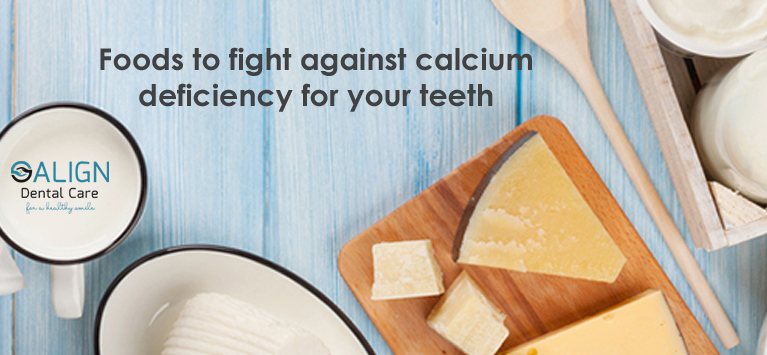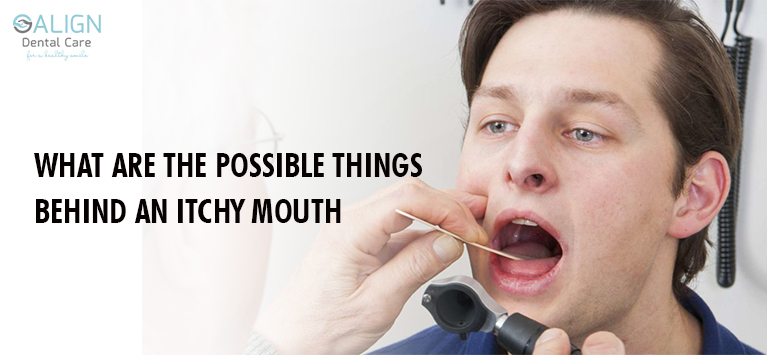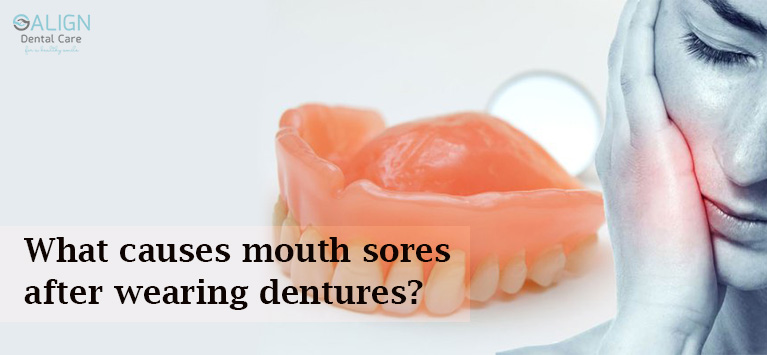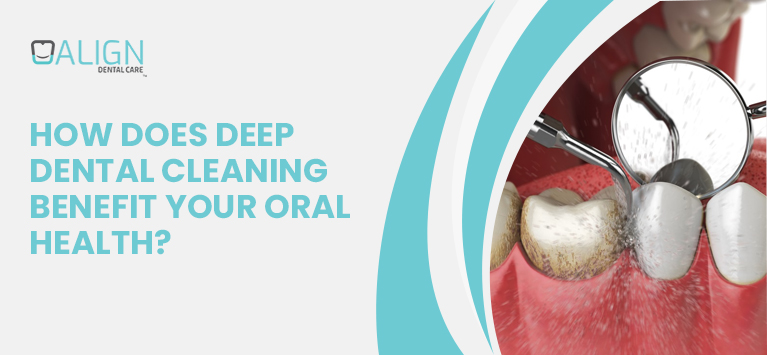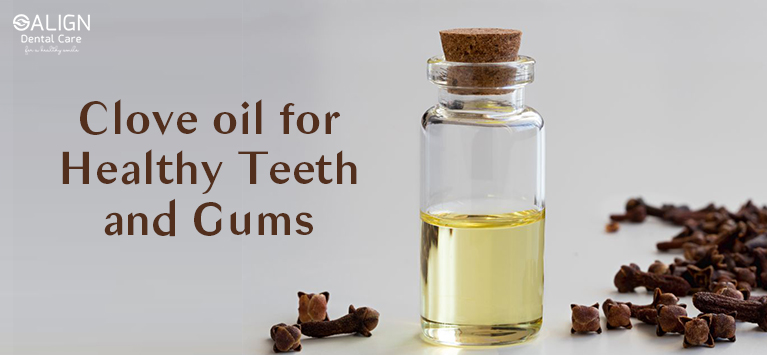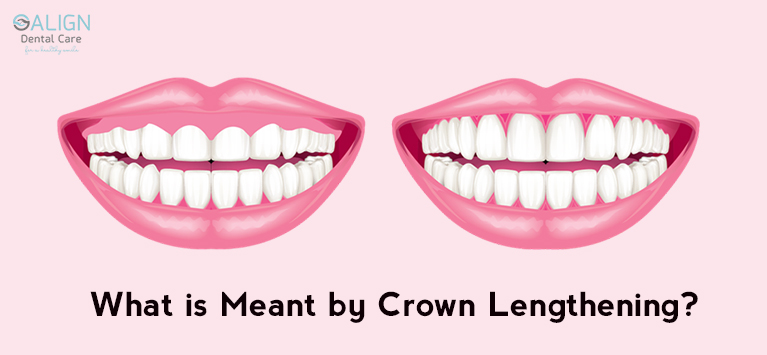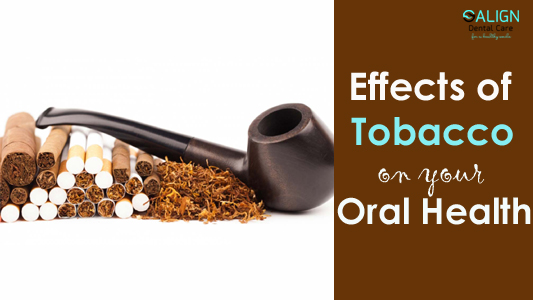
Tobacco effects on your oral health
Persons who keep consuming tobacco develop many fatal diseases. No matter whether you smoke, chew or sniff tobacco, the substances present in tobacco products will penetrate deeper inside your body. It provokes a plethora of ongoing complications like stroke, heart attack, Type 2 Diabetes, Pneumonia and much more. Many people have written about this and you might also aware of how this habit ruins our health.
As the oral cavity is constantly exposed to tobacco products while ingesting, the mouth is the primary victim of tobacco. Except oral cancer, many people don’t realize the havoc of tobacco on our dental health which has been addressed in this article.
1) Bad Breath
Smokers’ mouths are highly prone to emitting bad odors than non-smokers. The tobacco products release chemicals while smoking and those emitted substances deposit inside the mouth and release a foul smell that is referred to as stale smoker’s breath or cigarette breath.
Besides this, tobacco intake absorbs saliva and reduces salivary flow that lays a way for bacteria accumulation and ends in bad breath.
2) Tooth Discoloration
Tobacco products contain a chemical called nicotine that is easily absorbed by our teeth. Usually, nicotine is a colorless substance and it mixes with oxygen while smoking whereas combines with saliva while chewing to form a dark-colored fluid that sticks to the teeth surfaces and turns the pearly white teeth to stained, yellow-colored one.
3) Gum diseases
People who often smoke are likely to develop bacterial plaque near the gum lines and eventually end in gum diseases. It happens because nicotine reduces blood flow to the gum tissues, making the gums prone to bacterial infections and prolong the healing process. Infection in gums (or) Periodontal diseases weaken the teeth’s attachment to the gums.
To put it simply, people with gum diseases are highly susceptible to teeth loss as smokers have a high risk of developing gum diseases than non-smokers.
4) Jaw bone loss
Alveolar bone is a part of the jaw that anchors our teeth. This bone is also responsible to support the teeth roots and keep them in place. When the bone loses its density or becomes weak, the teeth will lose their support and leads to teeth mobility.
Researches have found that smoking tobacco products lead to a dimensional reduction in the alveolar ridge. On the other hand, smoking affects the mineral components in the jawbone to lose its density.
5) Delayed healing process after dental surgeries
Smoking emits carbon monoxide that is capable of reducing oxygen in the blood when it enters the bloodstream. As oxygen is necessary to heal wounds in our body, its shortage will persist in the remedial process.
Besides this, the substances present in tobacco products annoy the oral tissues that are exposed to surgical wounds. It puts the success rates of the surgeries in question.
6) Lowers the success rate of dental implants
Implantologists reveal that smokers cannot get implant teeth. As we discussed earlier, tobacco consumption can compromise our immune system as well as reducing blood flow to the oral tissues. This restricts the gum from absorbing nutrients for healing.
Secondly, the tissues around the fixed implants will be irritated with the chemicals emitted by tobacco products. Apart from delayed healing, these aftermaths will drastically affect the implant’s integration with the jawbone.
Bottom line
No matter how much the tobacco products you take or how you are taking, it harms your dental health as well as general health. Make a plan to break this habit, stay far away from the triggers and keeping yourself abstain from the different forms of tobacco.






